


In a move to maintain its influence in Syria after Bashar al-Assad's ouster, Iran has opened direct communication with rebel groups within Syria's new leadership. Despite concerns over losing a key ally and facing potential pressure from the incoming US administration, Iranian officials are keen on establishing ties with those whose views align with their own in the new Syrian government. This engagement is seen as crucial to stabilizing ties and preventing further tensions in the region, as a hostile post-Assad Syria would have implications for Iranian access to the Mediterranean and their relationship with Hezbollah and Israel.
Iran's Strategic Maneuvers in Syria: Establishing Ties with Rebel Groups
Background
Syria's protracted civil war has witnessed a significant shift in power dynamics following the ouster of President Bashar al-Assad. Amidst the turmoil, Iran has emerged as an influential player, maintaining close ties with the Assad regime. However, as the war's outcome remains uncertain, Iran recognizes the need to adapt its strategy to ensure its interests in post-Assad Syria.
Iran's Direct Outreach to Rebel Groups
In a move to preserve its influence and navigate the changing political landscape, Iran has initiated direct communication with rebel groups within Syria's new leadership. This engagement aims to establish ties with individuals whose views align with Iran's strategic objectives in the region.
Rationale for Iran's Engagement
Tehran's outreach to rebel groups stems from concerns over potential shifts in US policy towards Syria and the loss of a key ally in the Assad regime. By establishing connections with future decision-makers, Iran hopes to:
Challenges and Implications
While Iran's engagement with rebel groups may offer strategic advantages, it also faces potential challenges:
Top 5 FAQs and Answers
1. Why is Iran reaching out to rebel groups in Syria? Iran seeks to maintain its influence in Syria after Assad's ouster and to establish ties with those whose views align with its own in the new Syrian government.
2. What are the potential benefits for Iran? Strengthening its strategic foothold in Syria, securing access to the Mediterranean, and enhancing its relationship with Hezbollah.
3. What are the challenges Iran faces? Disunity among rebel groups, potential backlash from international actors, and the need to address long-term stability issues in Syria.
4. What is the US's stance on Iran's outreach? The US has expressed concerns about Iran's involvement, viewing it as an attempt to prolong the conflict.
5. What is the potential impact on Syria's future? Iran's engagement with rebel groups may contribute to stabilizing tensions and preventing further escalation of violence. However, it remains uncertain whether this outreach will lead to lasting peace and reconciliation in Syria.
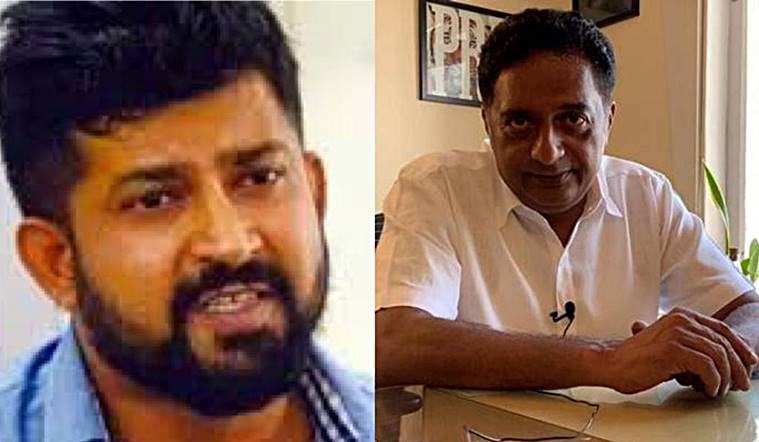
BJP MP Nishikant Dubey is under fire for his controversial comments on the Supreme Court during the Waqf Act hearing. A letter has been written to the Attorney General seeking consent to initiate contempt proceedings against the MP, calling his remarks "deeply derogatory and dangerously provocative." This comes as the apex court begins hearing petitions challenging the constitutional validity of the amended Waqf Act. The Act's provisions, such as the inclusion of non-Muslims in Waqf Boards and denotification of "waqf by user" properties, have sparked widespread controversy.

A memorial dedicated to the Indian soldiers who fought in World War I, also known as the Indian Anzacs, will be unveiled in Sydney. These soldiers played a crucial role in the war, but their contributions have often been overlooked. The memorial aims to honor and recognize their sacrifices and tell the story of their role in the war.

A young Indian student, Harsimrat Randhawa, was fatally shot while standing at a bus stop in Hamilton, Ontario. The 21-year-old was a student at Mohawk College and police are investigating the incident as a homicide. The Indian Consulate General in Toronto expressed their profound sadness and is offering support to Harsimrat's family. This tragic incident has left her family in Punjab's Tarn Taran district devastated, and the college community is also deeply affected.
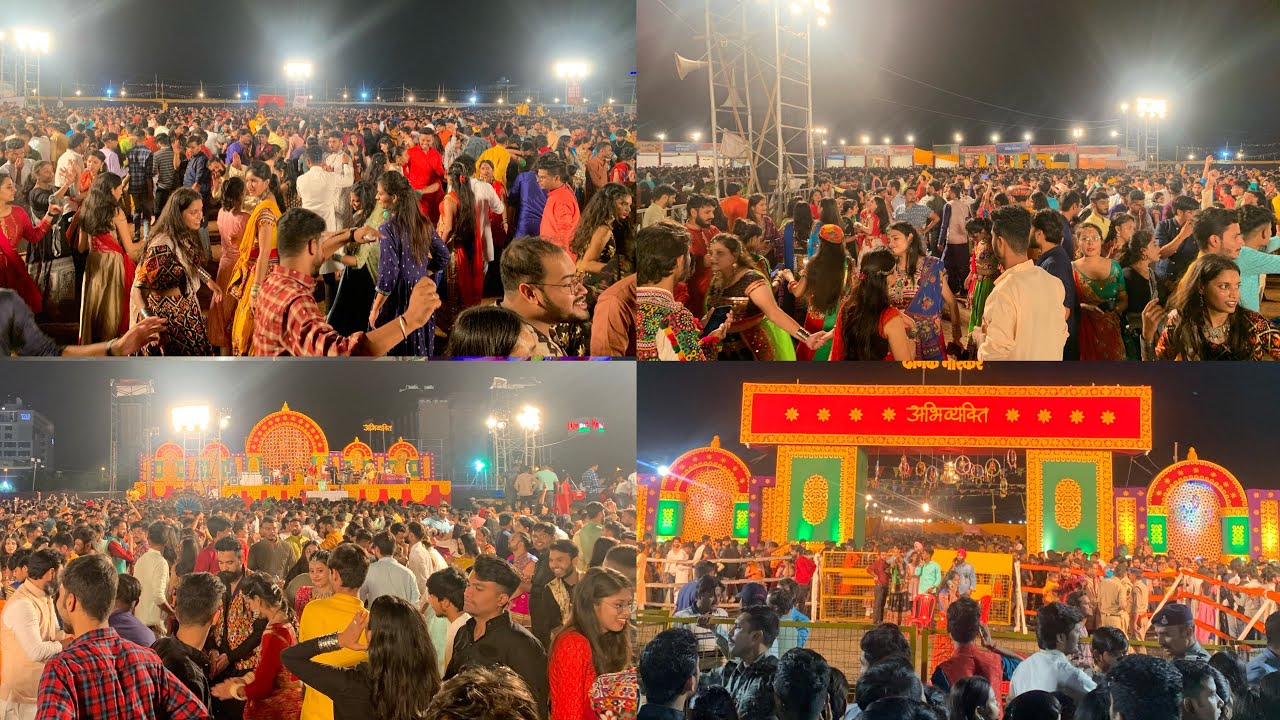
Indore, a city in the state of Madhya Pradesh, became the centre of a global spiritual movement as the Jain International Trade Organization (JITO) hosted Vishwa Navkar Mantra Diwas. The event, which saw millions chanting the sacred Navkar Mantra across 108 countries, was attended by Prime Minister Narendra Modi and local leaders. This historic movement aims to promote unity, mental peace, and positive vibrations worldwide, transcending into a global spiritual movement for the welfare of humanity.

After finalizing the terms of reference for the bilateral trade agreement, India's delegation is set to visit Washington, D.C next week to iron out any issues before beginning official negotiations. The trade pact between India and the US is aimed at boosting bilateral trade from the current $191 billion to $500 billion by 2030. The negotiations will be led by Rajesh Agrawal, who is expected to become India's next Commerce Secretary. Discussions on the India-Middle East-Europe Economic Corridor (IMEC) also took place during Italian Prime Minister Giorgia Meloni's visit to meet US President Donald Trump. Both countries are working towards developing the project that will connect India, GCC, Israel, Italy, and the US, and is said to be one of the biggest economic integration and connectivity projects of the century.
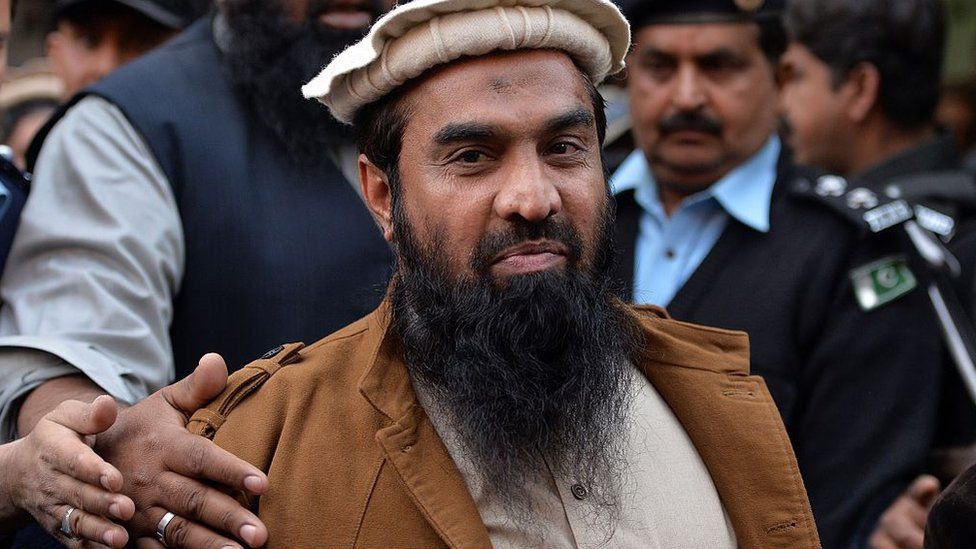
Harpreet Singh, a known terrorist wanted for multiple terror attacks in Punjab, India, has been arrested by the FBI and ERO in Sacramento. He was linked to two international terrorist agencies and entered the US illegally, using burner phones to evade capture. Singh, also known as Happy Parsia and Jora, fled to the US from Mexico in 2021 and had a bounty of Rs 5 lakh on him in India. He was also named as one of the operatives in the 2024 Chandigarh grenade attack, for which four others have been charged by the NIA.

An alleged terrorist known as Happy Passia has been arrested in Sacramento, California by the FBI and ERO. The gangster, wanted in 17 criminal cases, used burner phones and entered the US illegally to evade capture. He was recently named in a NIA chargesheet for a grenade attack in Punjab, in which he and another terrorist provided logistical aid and weapons to ground operators.
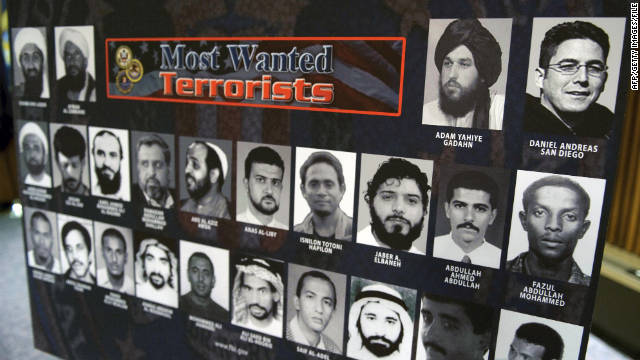
The FBI and ERO have arrested Harpreet Singh, a known terrorist responsible for multiple attacks in Punjab, India. Singh, who was recently named in the chargesheet for the 2024 Chandigarh hand grenade attack, was living illegally in the US under the aliases Happy Parsia and Jora. The NIA had previously announced a bounty for Singh and his links to two international terrorist groups have been confirmed.
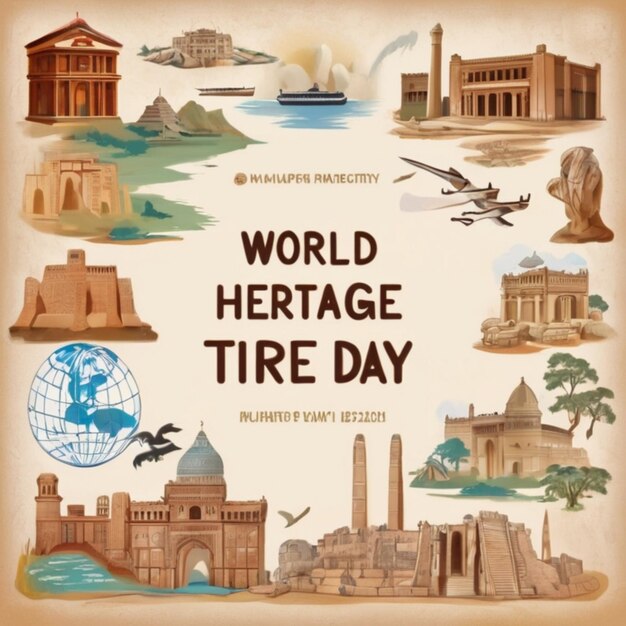
Every year on April 18, the world comes together to celebrate World Heritage Day, recognizing the importance of protecting and conserving our unique and valuable heritage. This global event, initiated by the International Council on Monuments and Sites, aims to raise awareness about the need for safeguarding our cultural and natural heritage for future generations. This year's theme, "Disaster and Conflict Resilient Heritage," highlights the importance of preserving heritage sites in the midst of adversity. With involvement from experts in various fields, World Heritage Day serves as a reminder to cherish and protect these irreplaceable treasures.
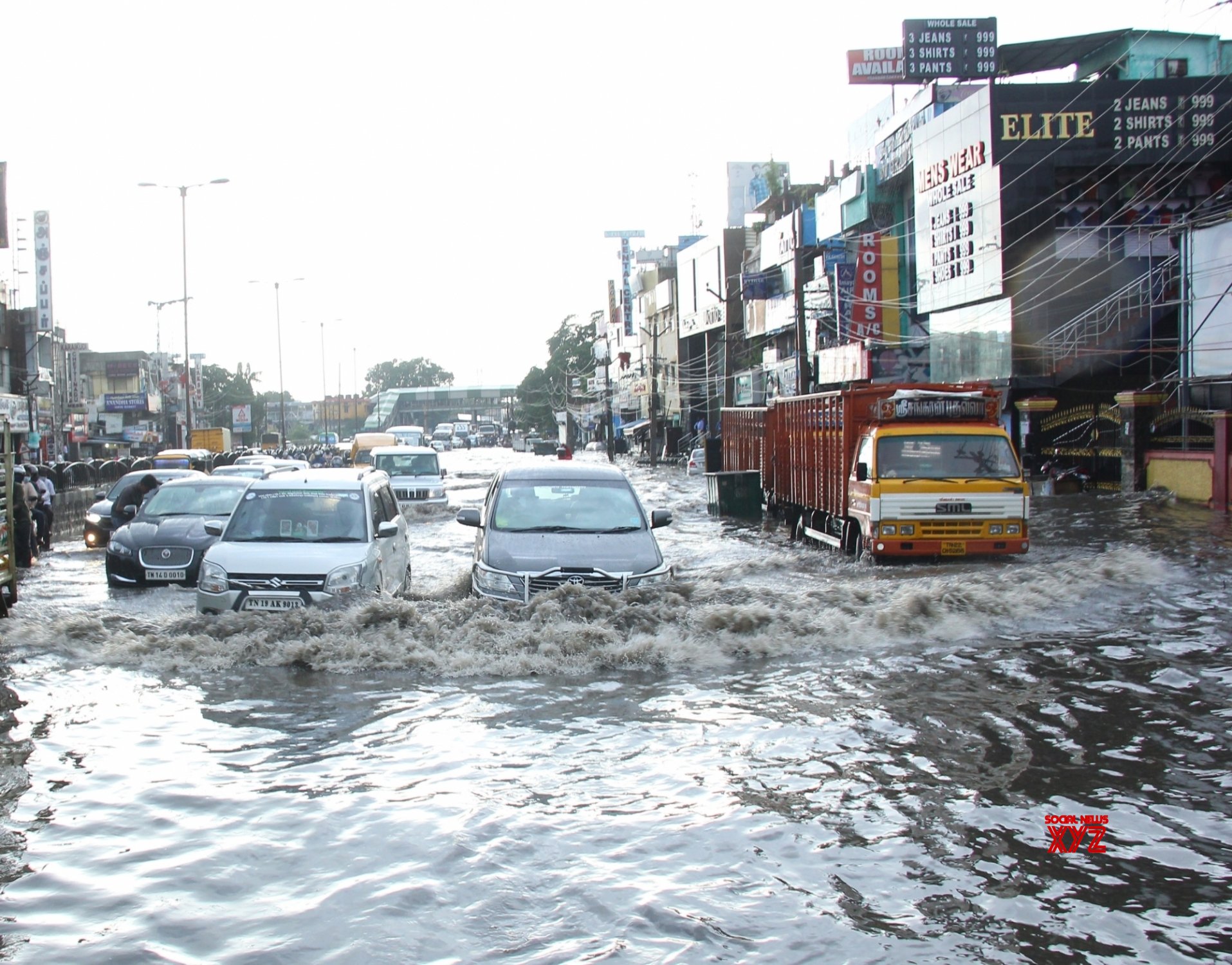
Areas across Chennai experienced a much-needed respite from the summer heat as heavy rainfall brought down temperatures. However, the downpour also resulted in waterlogging and traffic disruptions in multiple neighborhoods. While civic authorities worked to clear clogged drains, the IMD has issued warnings for above-normal temperatures and possible thunderstorms in the coming days. Neighbouring states such as Karnataka are also expected to receive some rain, but residents are advised to remain cautious.